Rivalry in South China Sea: US, China hold separate drills amid tensions
With the long-running strategic rivalry in place, China and the United States have held separate military drills in the hotly contested waters of the South China Sea.
It came days after China and the Philippines had a tense standoff over conflicting maritime claims.
China claims sovereignty over almost the entire South China Sea, which overlaps with the waters of the Philippines, Malaysia, Vietnam, Brunei, Taiwan. The waters are believed to sit atop vast reserves of oil and gas.
China has constructed several artificial islands over the past few years in the Spratly archipelago in the South China Sea, which is a marginal sea of the Western Pacific Ocean. The move has drawn harsh criticism from the Philippines – among others – and its ally Washington.
In a statement on Thursday, China’s People’s Liberation Army said that the “routine” operations on Wednesday and Thursday aim to “resolutely safeguard China’s sovereignty, security, and maritime rights and interests.”
Footage shared by state broadcaster CCTV and the Chinese military showcased China’s military might through “live fire drills” taking place over the sea with its fighter jets taking off and firing missiles that then struck designated targets.
Last month, the Philippine Coast Guard released videos purportedly showing Chinese ships blasting water cannons at Philippine boats. Vessels from the two sides also collided during tense clashes at Second Thomas Shoal, where a handful of Filipino troops are stationed on a grounded warship.
Following the developments, Beijing urged Manila to make the “rational choice” over the maritime tensions, warning that the bilateral relationship “is now at a crossroads.”
China also blamed the Philippines for what it called a policy shift, including by reneging on commitments, continuing to provoke and stir trouble at sea, and undermining China’s legal rights.
China’s drills coincided with a two-day military exercise by the US and the Philippines in the South China Sea, involving an aircraft carrier strike group comprised of a cruiser, two destroyers and multiple combat aircraft led by the USS Carl Vinson, their second round of drills in the contested waters in less than two months. The Philippines, for its part, deployed four naval vessels, a multi-role helicopter and an anti-submarine helicopter.
The US Navy claimed in a statement that the drills would “enhance our ability to coordinate on maritime domain awareness and other shared security interests.”
According the Philippine military, the drills took place between the Recto Bank and Scarborough Shoal, where clashes took place in December.
Beijing denounced the drills as “provocative military activities” aimed at “flaunting their military might.”
“We urge relevant countries to stop their irresponsible actions and earnestly respect the efforts of countries in the region to maintain peace and stability in the South China Sea,” said China’s Foreign Ministry spokesman Wang Wenbin, stressing that the exercises were “detrimental to management and control of the maritime situation and related disputes.”
He also pledged that China would “continue to firmly safeguard its territorial sovereignty and maritime rights and interests.”
Tensions have soared between China and the Philippines over the South China Sea under Philippine President Ferdinand Marcos Jr, with Manila pivoting back to the US, which supports the country in its maritime dispute with China.
UN chief condemns new Israeli annexation project in occupied West Bank
Araghchi briefs foreign ministers of Turkey, Egypt and S. Arabia on US talks
JD Vance’s Caucasus trip deepens concerns over sovereignty, security and US meddling
VIDEO | Press TV's news headlines
Thousands rally in Australia against Israeli president's visit as police use pepper spray
Child among four killed as Israel attacks southern Lebanon in ceasefire breach
Russia vows ‘all possible assistance’ to Cuba as US squeezes oil supplies
Hezbollah leader: Israel‑US aggression is Lebanon’s main challenge


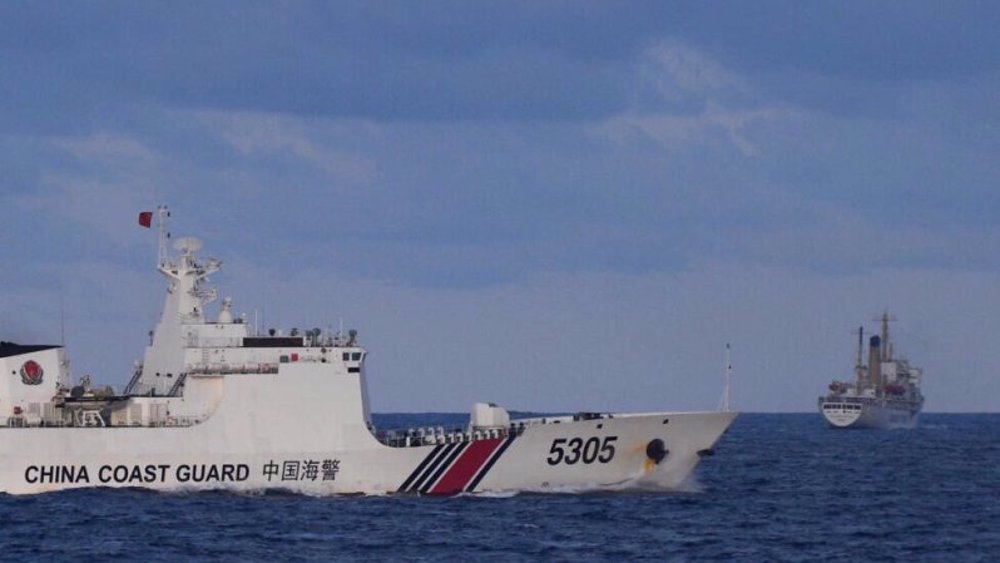
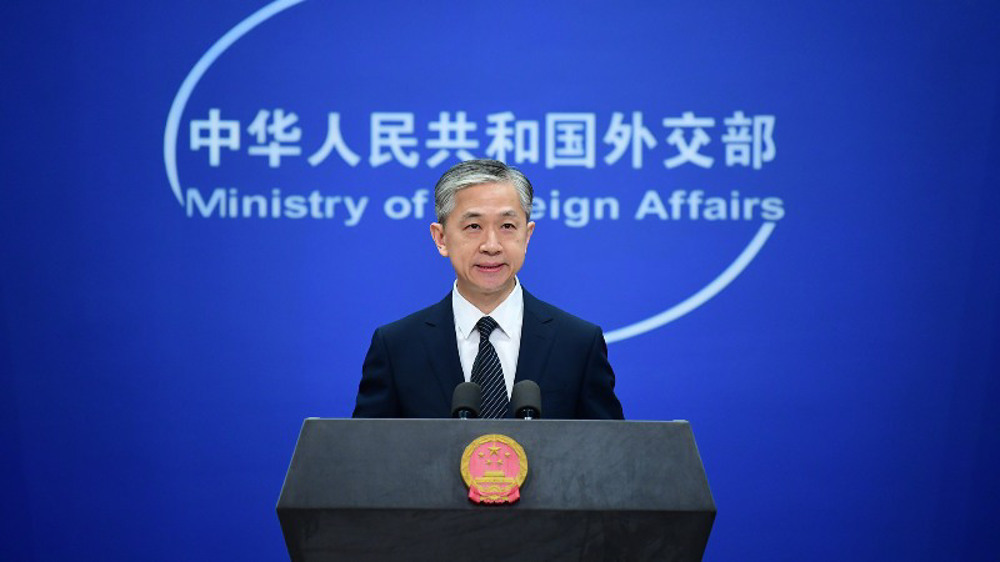
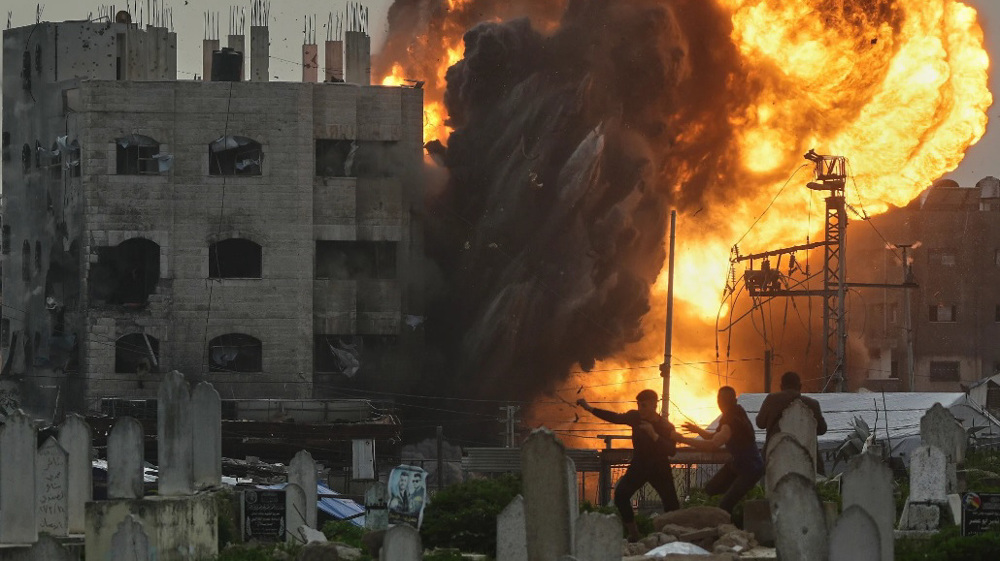
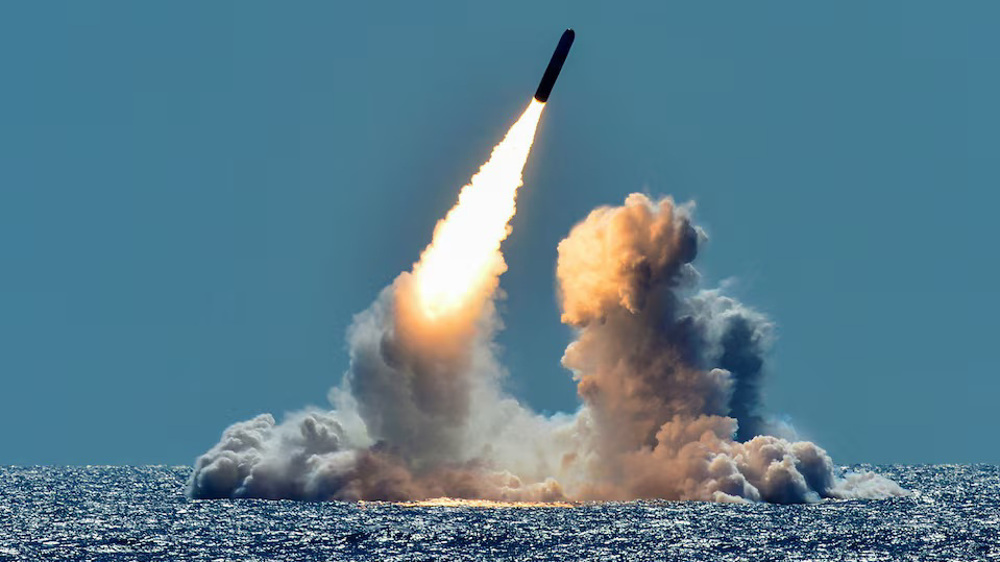
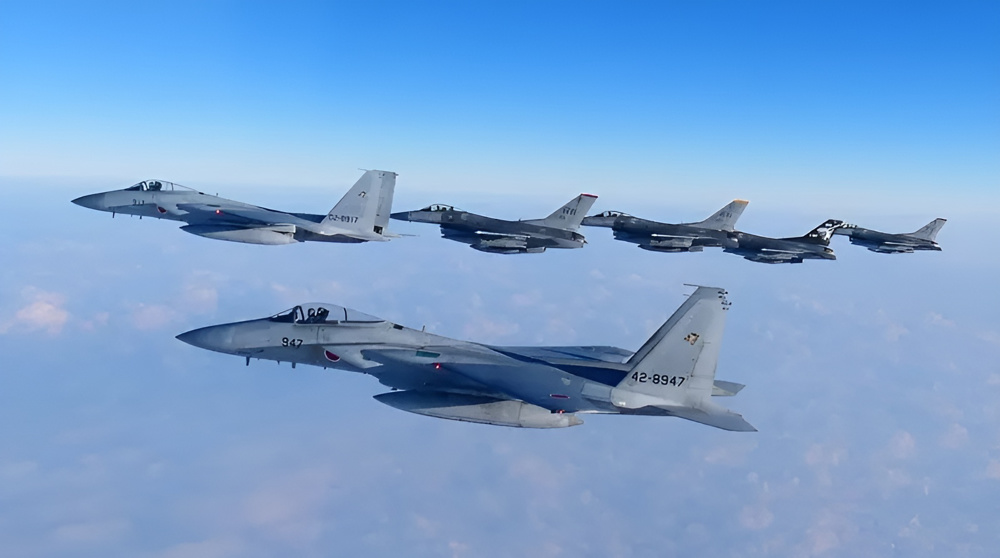




 This makes it easy to access the Press TV website
This makes it easy to access the Press TV website